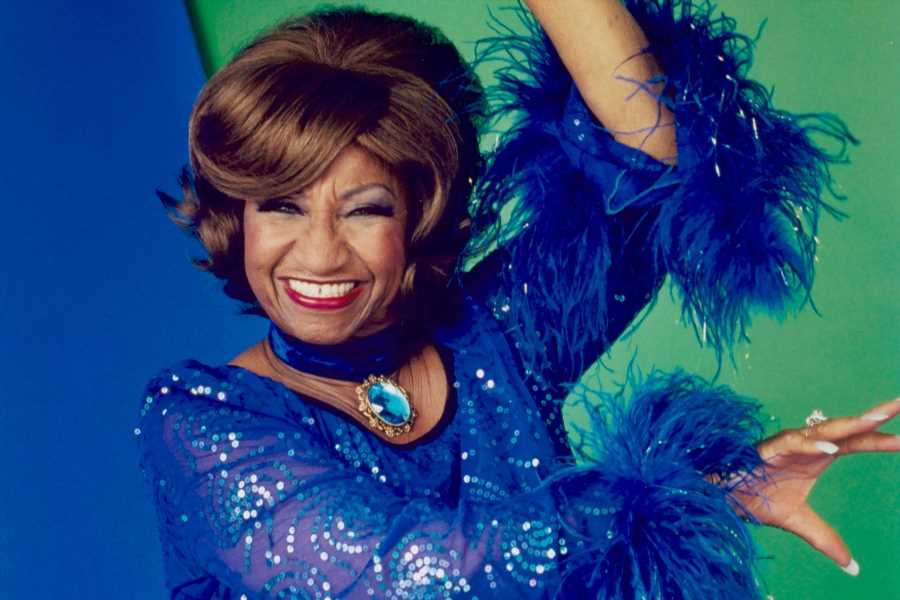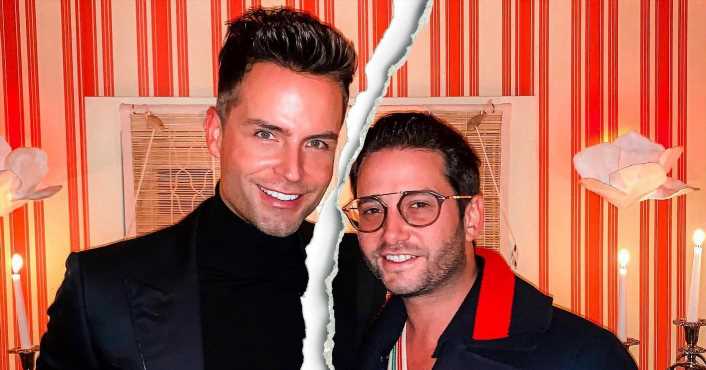WASHINGTON – Russian President Vladimir Putin faces a critical juncture in the week-old war he started in Ukraine.
Bad choices, of his own making, are all he has left, experts say.
Unleash the full fury of firepower he's amassed on Ukrainian cities, and Putin risks killing thousands of civilians and destroying homes, buildings and roads. Surround the population centers, choke off water, food and electricity, and Putin assembles the ingredients for a humanitarian catastrophe. Send in ground forces to take control, and Putin will invites a blood bath that kills Ukrainians and sends troops in body bags back to Russia.
Putin's initial plan has unraveled, resting on the assumption that Ukrainian officials and troops would capitulate quickly. Instead, the spirited resistance from Ukrainians and poor performance by his own troops has left Putin and his military commanders frustrated and behind schedule, according to a senior Defense Department official.
The Pentagon and military experts expect Putin's forces to regroup, encircle cities and lay siege to them, shelling and bombing them until they surrender. The Russians will likely seize control of the cities. Deep, hardened resistance awaits them.
More: How Russian attack on Ukraine's Zaporizhzhia nuclear plant unfolded
More: Mapping and tracking Russia's invasion of Ukraine
It won't be an easy fight, said Colin Smith, an expert on the Russian military at the RAND Corp. If Russia allows citizens to flee along the corridors they've agreed to establish, they'll leave behind well-armed fighters in cities like Kyiv.
"Then it's kind of a giant Alamo," Smith said. "It's an Alamo they can sustain for quite a long time if they've got the ammunition. They have the deepest subways in the world. It's their backyard. They could fight for a very, very long time."
There are also indications of poor morale among Russian troops, according to the Defense official who spoke on condition of anonymity to discuss intelligence findings. Food and fuel shortages along with poor training have contributed to morale problems. The main Russian force arrayed against Kyiv remains stuck about 15 miles from the city's center.
"There's enough evidence that there are Russian soldiers who do not want to fight and are not on board with killing Ukrainians," Smith said. "There's equipment that's been left behind, and they didn't just run out of gas. There's equipment that's been just left behind wholesale – perfectly working equipment – with no Russian soldiers in sight."
Even if Russian forces overrun Ukraine's major cities, the invasion force invasion force of 190,000 troops in and around Ukraine is not large enough to control a largely hostile population of more than 40 million Ukrainians, said Seth Jones, senior vice president and director of the international security program at the Center for Strategic and International Studies.
"It will likely be difficult for the Russian army to hold territory for long with such a small ratio of soldiers to local inhabitants," Jones said. "High numbers of troops are critical for establishing law and order."
More: In Russia, thousands defy police threats to protest the invasion of Ukraine. Can it make a difference?
Another problem for a Russian force spread too thin: Ukraine's open western border. U.S. and NATO allies have been funneling weapons, ammunition and supplies through western Ukraine. In the last week, as much as $240 million worth of arms, including anti-tank missiles, have crossed into western Ukraine, according to a second senior Defense Department official.
"Russian forces are unable to interdict the growing flow of anti-tank missile systems, surface-to-air missile systems, fighters, artillery, small arms, ammunition, and other material flowing into Ukraine," Jones said. "There is virtually no case since World War II of an occupying army successfully pacifying a local population when the insurgency has support from a great power."
Smith raised a darker possibility. Putin has no interest in occupying Ukraine. Instead, Smith said, he wants to crush its government and military, leaving behind a country incapable of aligning with or joining NATO, even though that is not an imminent possibility.
"I don't think Russia could ever control Ukraine," Smith said. "That was never their intent. I think they just honestly want Ukraine to be a buffer. Regardless of what government goes back into Ukraine, Ukraine has been left so decapitated it can’t field a viable military. It's not going to join NATO, or NATO decides against even considering it. You've created a wasteland buffer."
More: US and allies look to seize Russian oligarchs' megayachts among sanctions for Ukraine war
Putin will attempt to convince Russians that the war in Ukraine was waged to prevent NATO from threatening Russia.
"Can he sustain the spin to stay in power? That will be determined on how long this conflict goes on," Smith said. "Time is on Ukraine’s side. Every day that you can stand in his way is in their favor. But it's also another day that another building and hundreds of civilians are at risk. There's no good outcome at this point."
This article originally appeared on USA TODAY: Ukraine: Putin's war on Kyiv turning into long slog of death, despair
Source: Read Full Article





